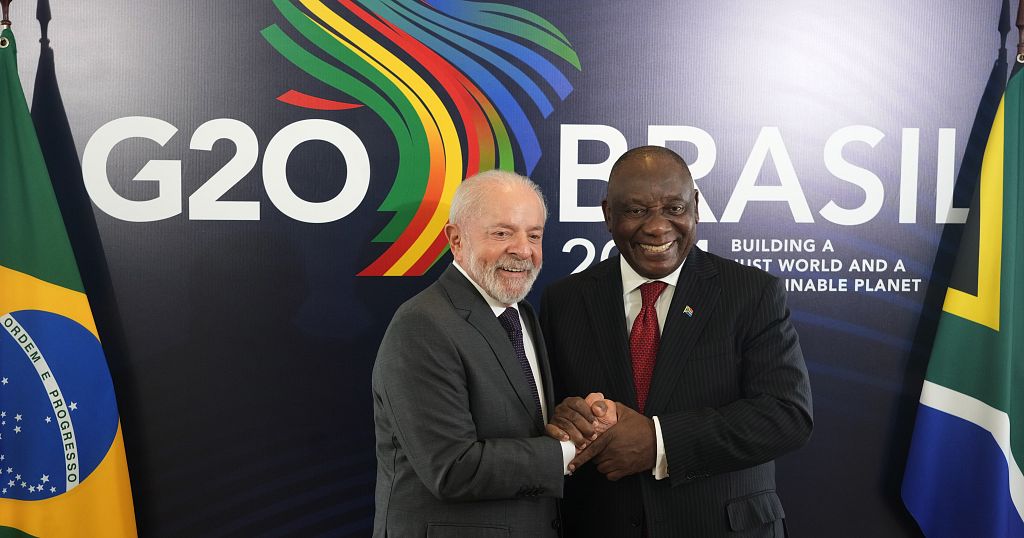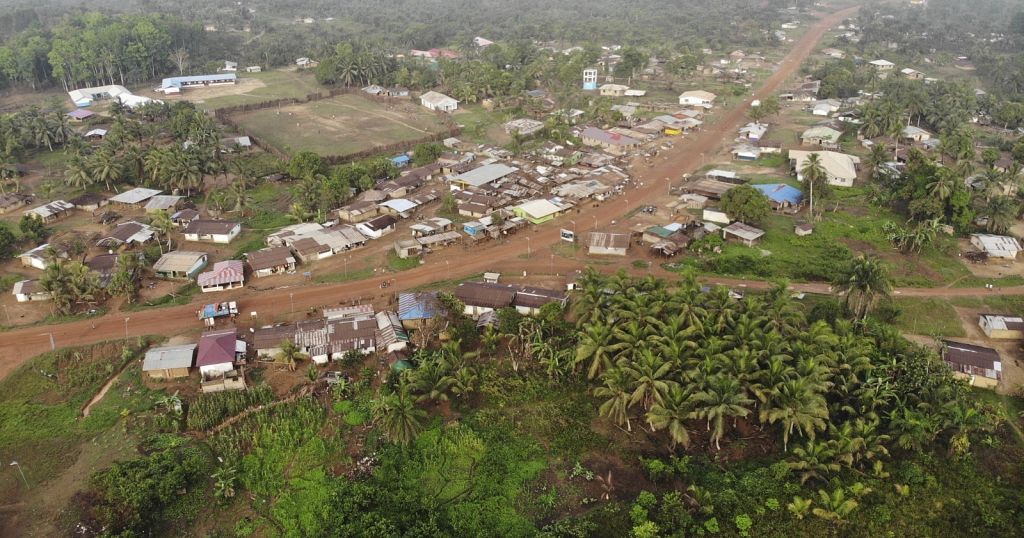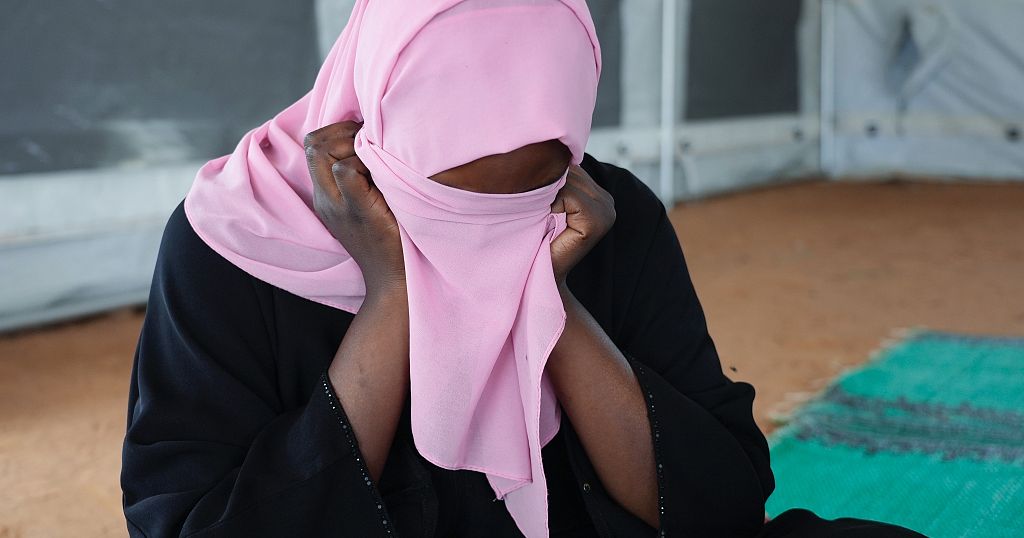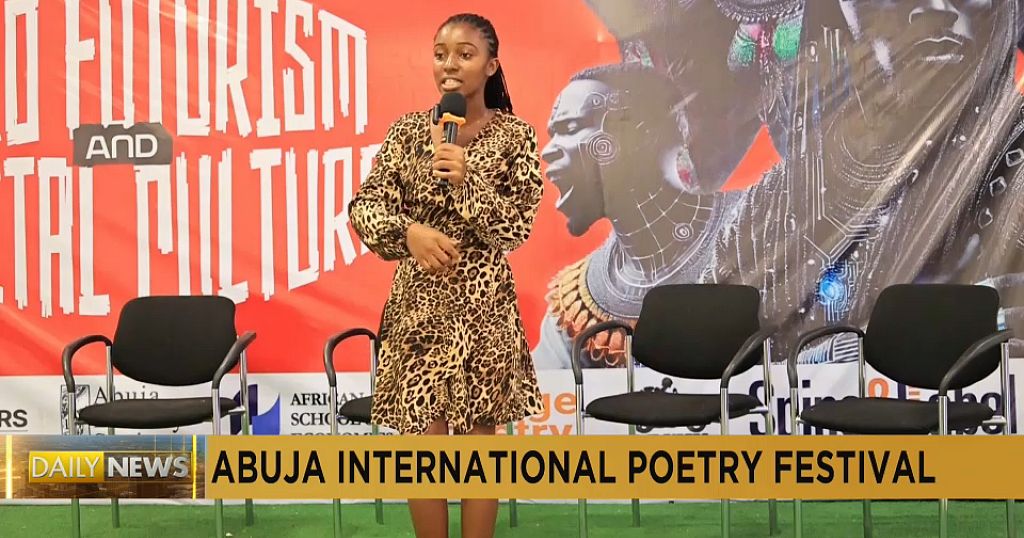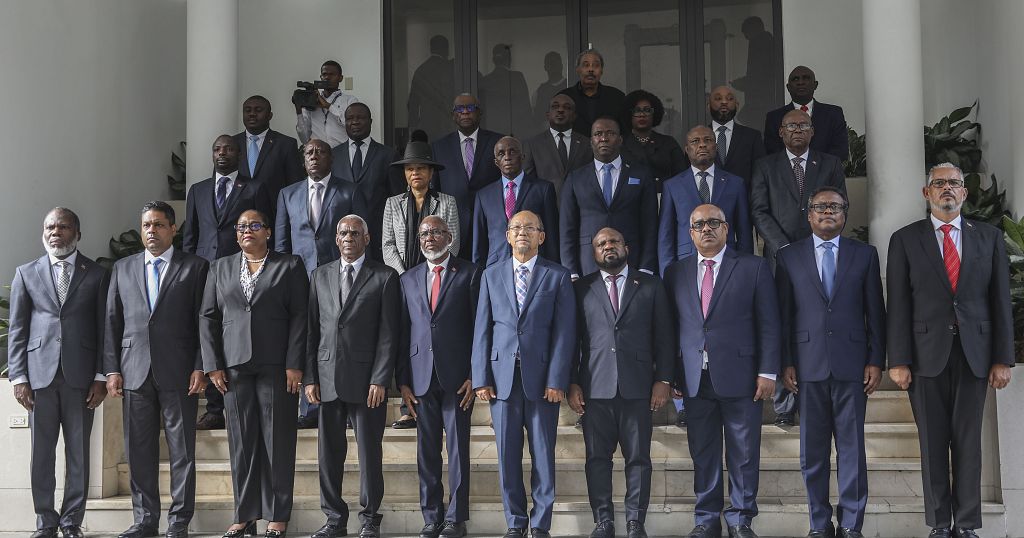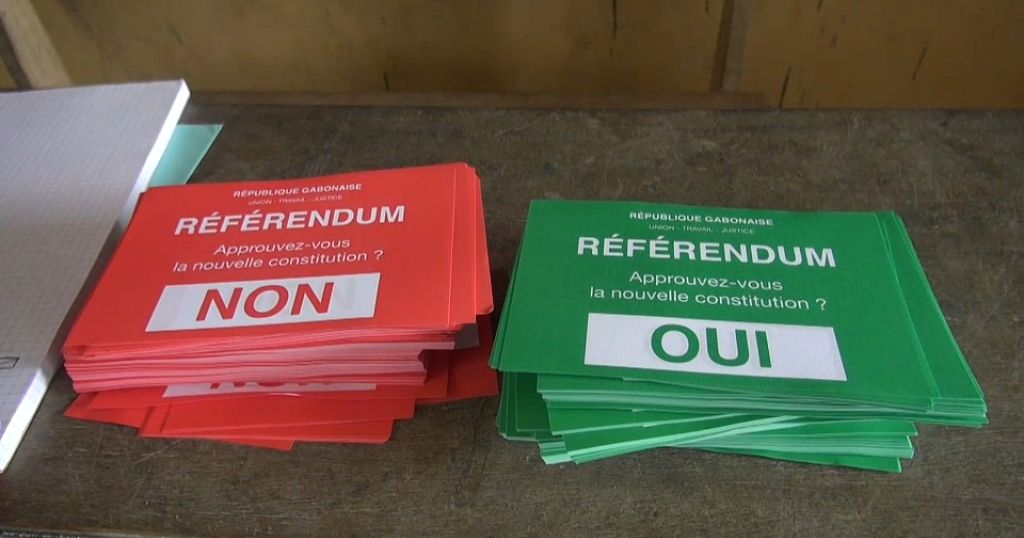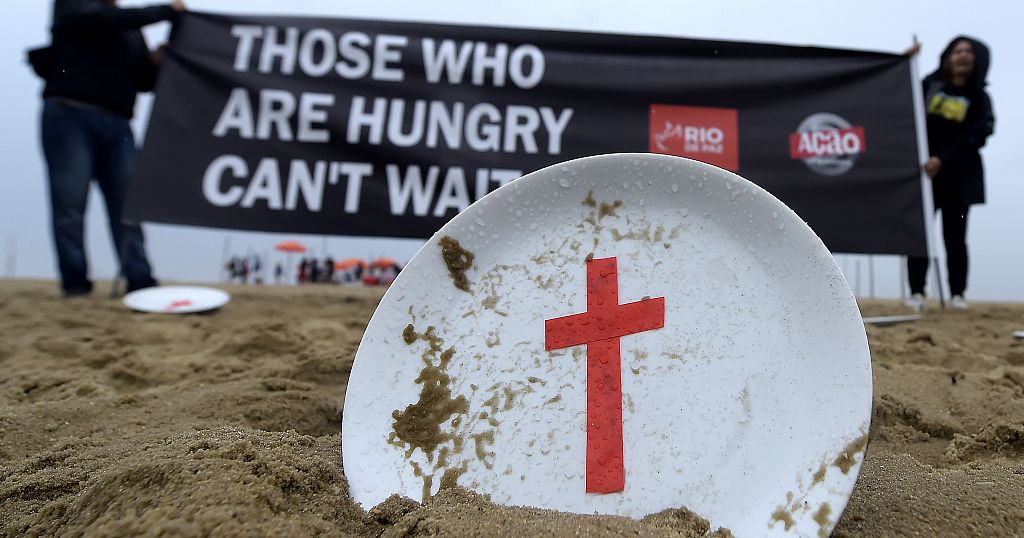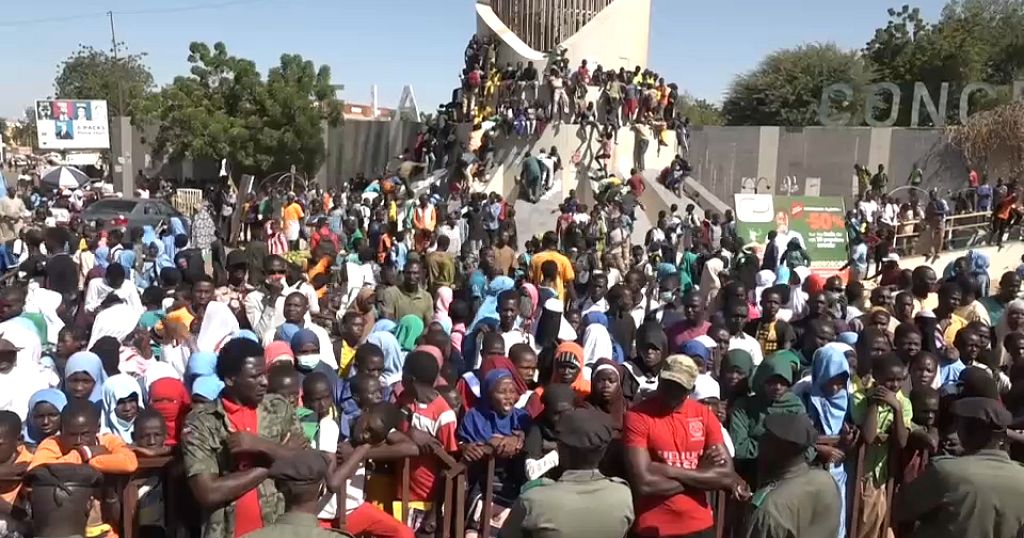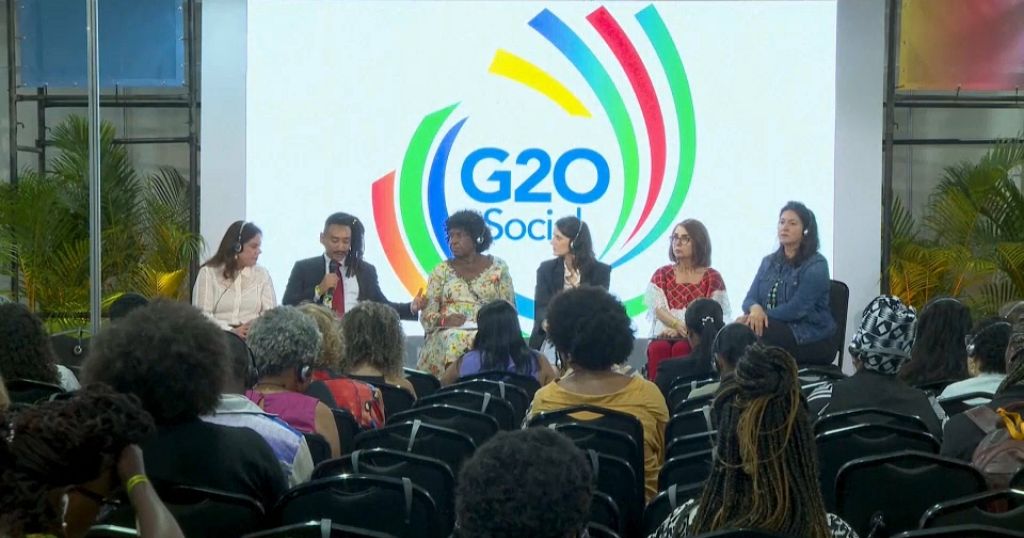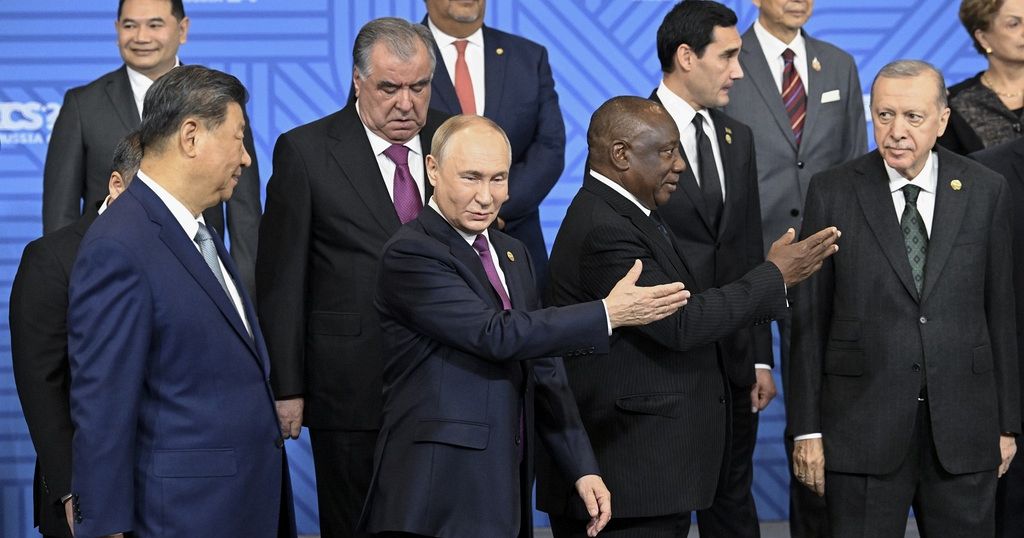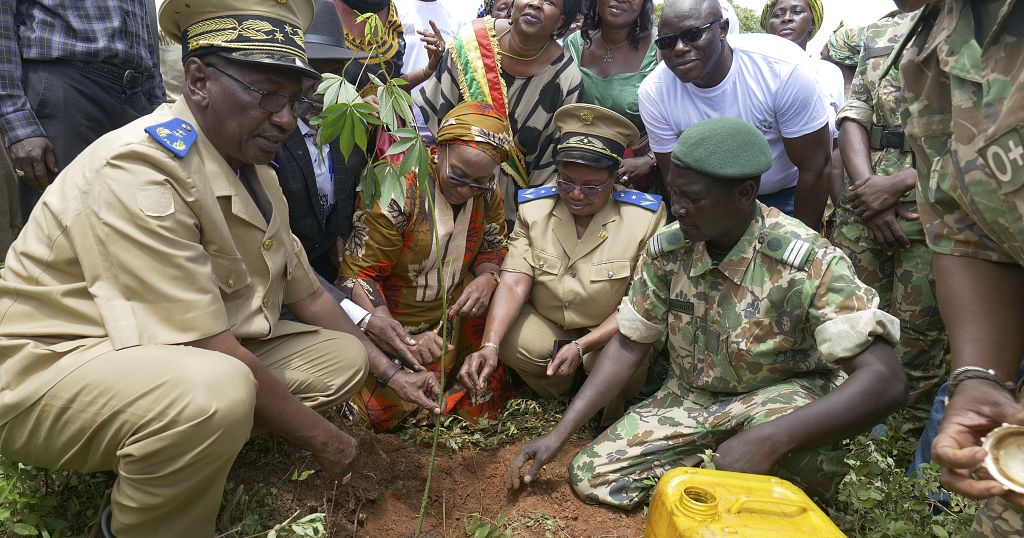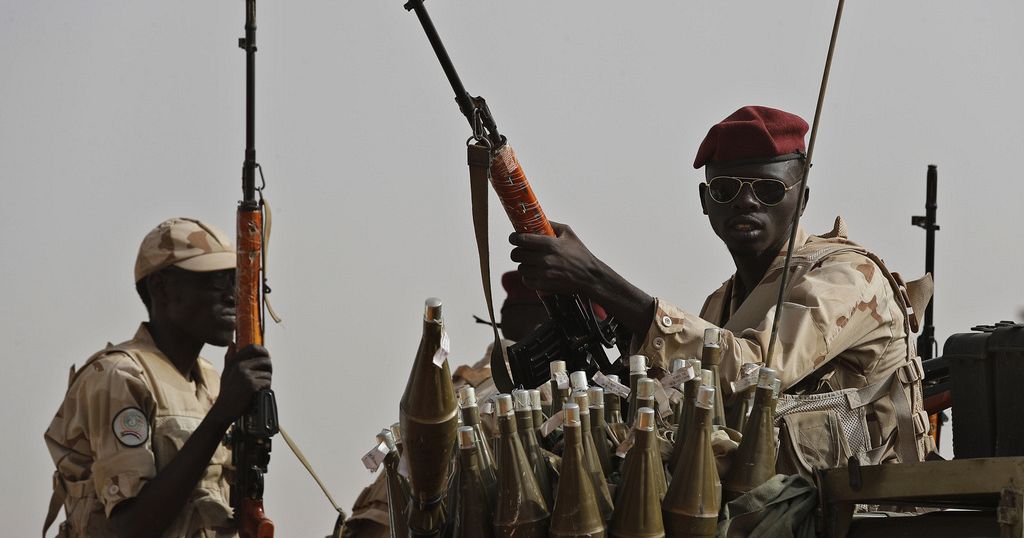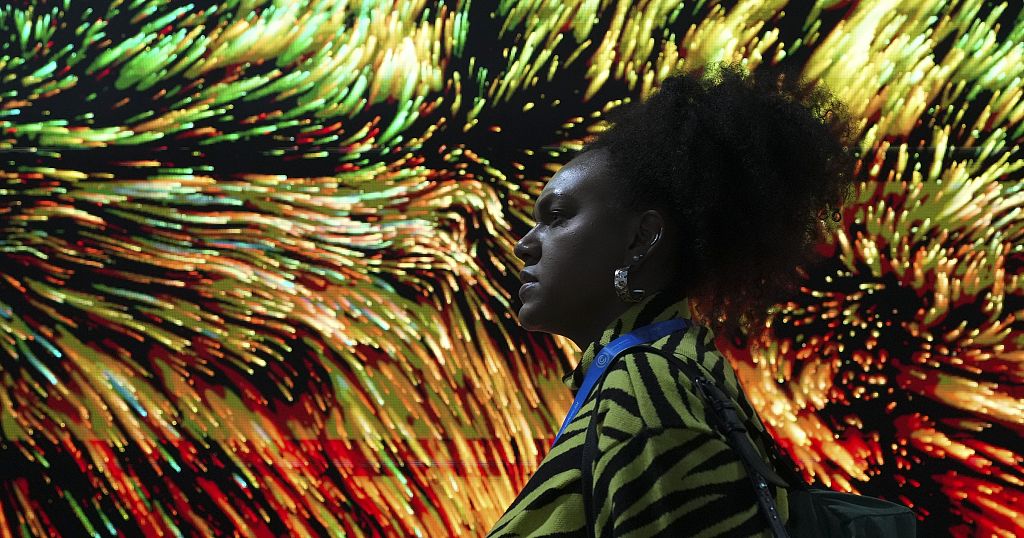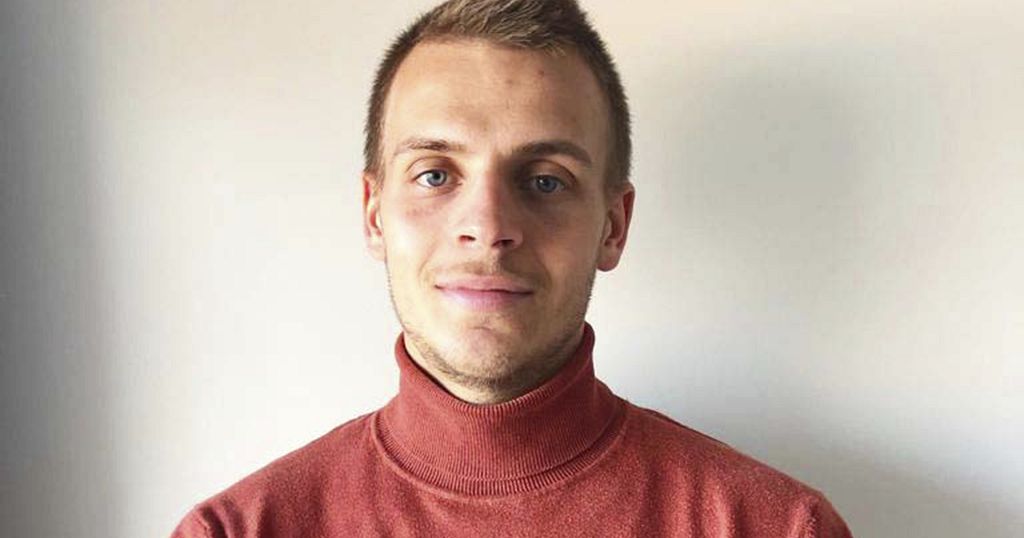DR Congo: Delays and logistics issues recorded as vote opens
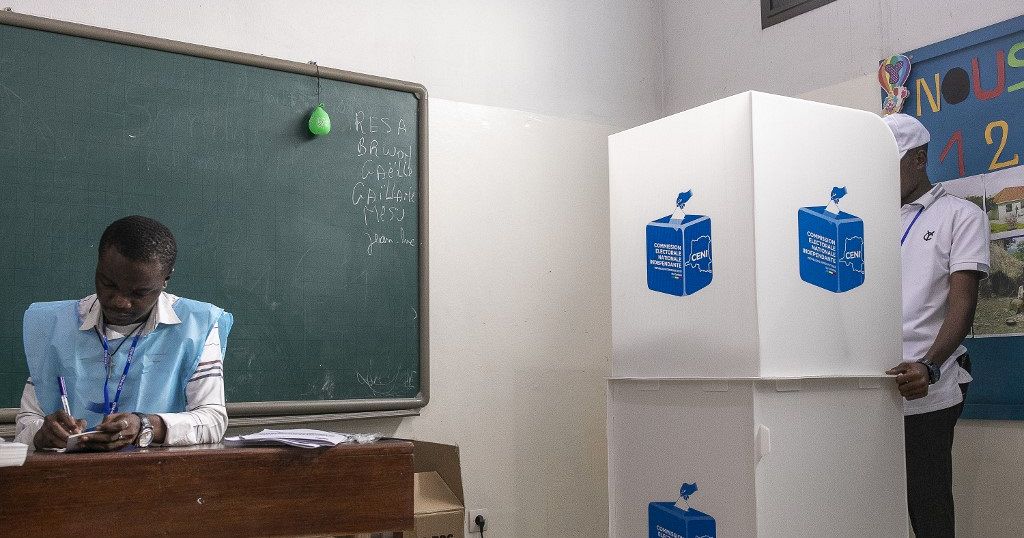
Morning enthusiasm but also some frustration in the queues: the Congolese began to vote on Wednesday for decisive general elections.
According to the findings of the AFP teams, voting operations began haphazardly in Goma, Bukavu, Beni, Lubumbashi and Tshikapa, with more or less significant delays and malfunctions.
“If we can’t get in within 30-45 minutes, I’m going to leave! We’re tired. It’s always a mess at home,” says impatiently in full sun, in the courtyard of a school, a man in his thirties who has been waiting for 3 hours for the “Zanner Institute” polling station to open in Goma, the provincial capital of North Kivu.
Voters expected delays, common in the Democratic Republic of Congo and likely to be aggravated by difficulties in transporting electoral materials to remote areas.
But it seems to be in Kinshasa itself that some of the most significant delays have been recorded.
The scheduled office opening hours were from 6:00 a.m. to 5:00 p.m. local time. But given the start-up delays, the vote will probably close much later.
“I’ve been here since 5:00 a.m., I’m tired, my back hurts. At this pace, we risk finishing at 11:00 p.m.,” complains Germaine Kikongo, a 67-year-old civil servant, met after 8:00 a.m. in a voting center of Lingwala, commune in the center of Kinshasa.
Nearly 44 million registered voters, out of a total of around 100 million inhabitants, are called upon to elect their president, but also their national and provincial deputies and, for the first time, their municipal councilors. Another first, Congolese from the diaspora must vote in five countries.
More than 100,000 candidates are in the running for the four elections. The president of the Electoral Commission (Céni), Denis Kadima, promised “transparency” of the process, with “real-time” monitoring of the compilation of results.
– “A change” –
Several election observation missions are deployed.
With 25,000 people, that of the Catholic and Protestant churches is the largest and its opinions and conclusions are traditionally closely followed. Its organizers promised a “parallel count” for the presidential election.
Source: Africanews


